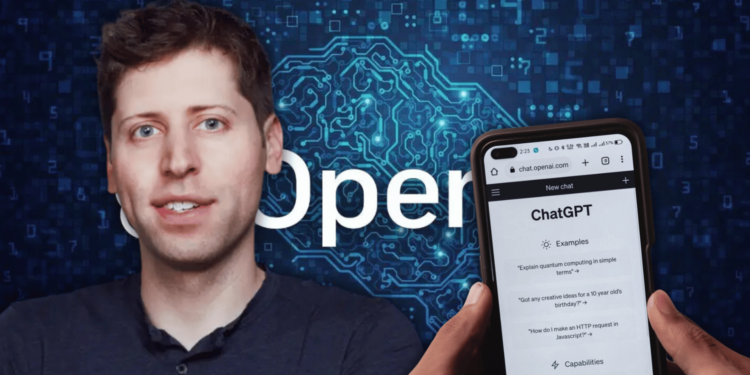• OpenAI is considering restructuring to create a for-profit Public Benefit Corporation alongside its nonprofit arm
• The move aims to help coordinate OpenAI’s nonprofit and for-profit entities amid criticism over its 2019 decision to establish a for-profit business unit
• The restructuring would enable the nonprofit to hire staff to pursue charitable AI initiatives in areas like healthcare and education
OpenAI, the organization behind the creation of ChatGPT, a powerful language processing AI, is contemplating a significant restructuring. The move is aimed at better coordination between its nonprofit and for-profit entities, which have been the subject of widespread debate and criticism.
The Possible Transformation to a Public Benefit Corporation
The restructuring under consideration involves transforming its for-profit arm into a Delaware Public Benefit Corporation (PBC). This legal structure is typically used by private enterprises that generate public goods. A PBC is required to balance the interests of shareholders, stakeholders, and the broader public in its decision-making processes. OpenAI believes this transition will enable it to raise necessary capital on conventional terms, similar to other entities in this space.

Potential Benefits for Nonprofit Initiatives
The proposed restructuring would also provide the nonprofit arm with the ability to hire a leadership team and staff committed to pursuing charitable initiatives. These initiatives would span various sectors, including healthcare, education, and science, thereby extending the impact of OpenAI’s innovative technology.
The Controversy Surrounding For-Profit Arm
The decision to create a for-profit business unit in 2019 has sparked controversy and lawsuits, with critics, including co-founder Elon Musk, alleging that it violates the terms of the organization’s foundational contributions. Musk, in a lawsuit, accused the leadership of OpenAI of deceiving him and exploiting his concerns about the potential dangers of AI.
The Future of AI and OpenAI
Despite ongoing legal and ethical debates, AI continues to expand its reach and influence. In the latter half of November, AI agent revenue experienced substantial growth. Experts predict that AI agents, including those built using ChatGPT models, will play a more prominent role within decentralized communities in the near future. Asset manager VanEck expects upward of 1 million AI agents to populate blockchain networks by the end of 2025.
conclusion
The potential restructuring of OpenAI reflects the evolving landscape of AI development and the ongoing tension between commercial interests and broader societal benefits. As AI continues to grow and reshape our world, organizations like OpenAI will continue to grapple with these complex issues.














